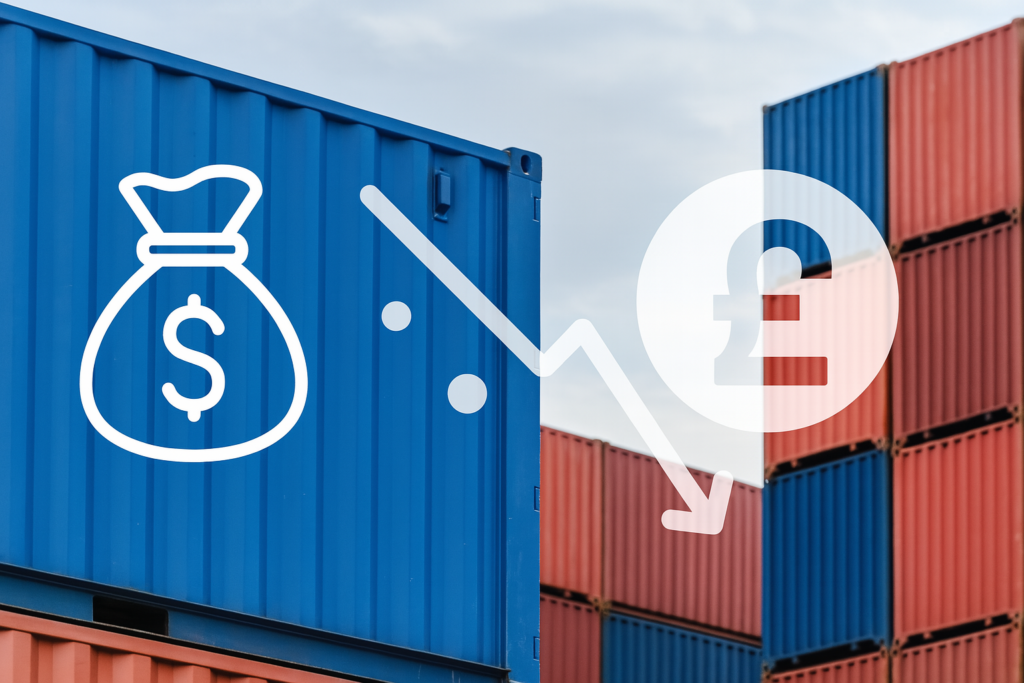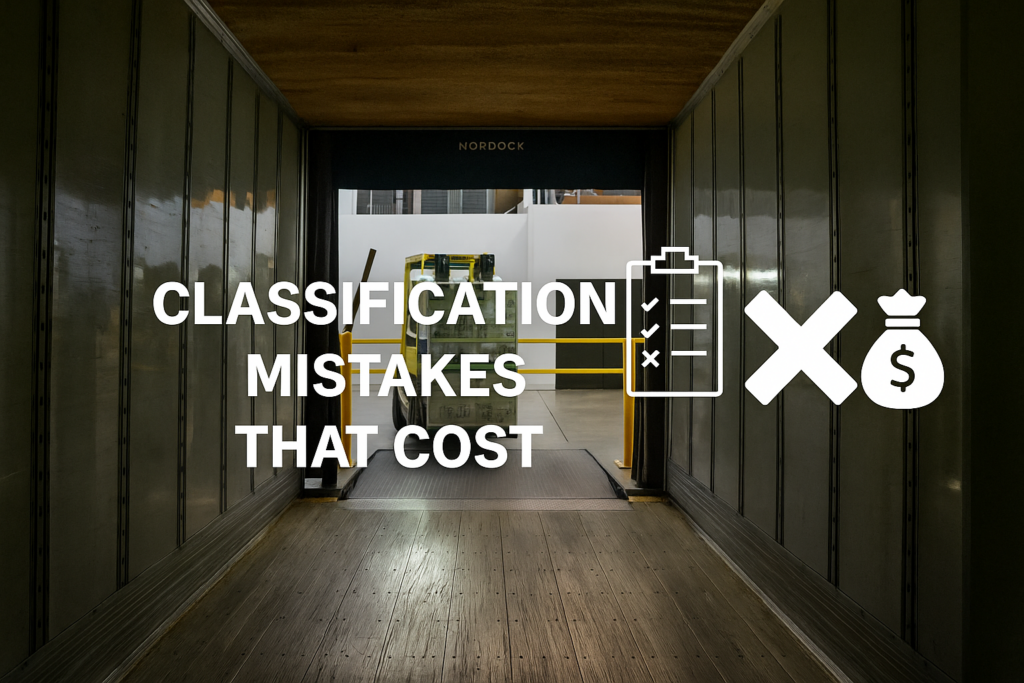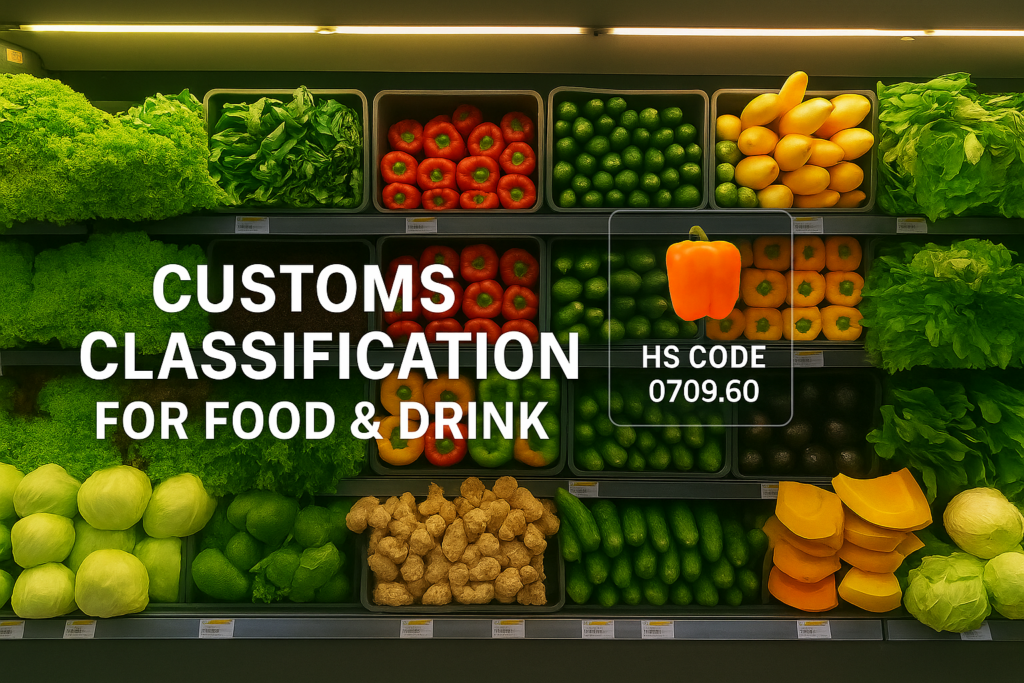Team spotlight – Harrison Bay, Customs classification specialist
Topics

This month, it’s the turn of Harrison Bay, one of our customs classification specialists, to tell us a bit about himself.
You can find last month’s team spotlight with Elizabeth Pascoe here
Can you tell us more about your journey to becoming a customs classification specialist?
I first started out in classification working as a Customs Clearance Clerk after completing my degree in Accountancy. This provided me with a solid foundation and an in-depth understanding of the intricacies of the customs and international trade industry. It made me acutely aware of the significant impact that the misclassification of products can have on businesses and I observed firsthand how errors in tariff codes led to some serious issues importers and exporters alike.
I quickly learnt how classification is the building block for efficient trade operations and the complexities and intricacies of it all fascinated me.
After a few years I joined TariffTel as a customs classification specialist. It presented new challenges and opportunities in the world of customs and I jumped at the role when it was offered to me.
What does a typical day at work look like for you?
In the mornings, I usually dive into the classification of various products for our client M&S. From deciphering the intricate details of food items to categorising clothing and home products, this part of my day requires a keen eye for detail and a thorough understanding of classification principles.
As the day progresses, my focus shifts towards another critical aspect of my role – creating item types for the TariffTel system. This entails gathering information from a variety of sources, including the Trade Tariff, Chapter/Explanatory Notes, and Tariff Rulings. It’s a meticulous process that demands both precision and patience, but it’s essential for ensuring accurate and consistent classifications.
I’m also hands on speaking to clients throughout the day whether it’s to address their queries, resolve a classification issue or provide guidance on compliance matters. No two days are ever exactly the same. There’s always a lot of learning and listening as we respond to what’s needed.
For anyone looking to get into the field of customs, where should they start?
I’d say the first step is to gain a comprehensive understanding of the regulations, procedures, and laws governing trade across borders. Developing skills in areas such as tariff classification, customs documentation, import/export compliance, and trade finance is crucial. Additionally, it’s useful to understand and be familiar with international trade agreements and an appreciation of the cultural and legal differences between countries can be valuable. Strong analytical and problem-solving skills are also essential, as customs and trade professionals often encounter complex situations that require strategic thinking.
It can be worthwhile reading up on key topics in industry magazines and attending trade events to build up your knowledge and connect with other people in the industry.
There’s also a variety of courses you can complete which can get you on your way.
What’s the best advice you’ve ever received with regards to work and what impact did it have?
One particular quote immediately comes to mind: ‘Every day is a school day.’ It’s simple yet profound. To me it means that there is always something new to learn, no matter how experienced or knowledgeable you may be. It’s a good mindset to have to encourage curiosity and an openness to new ideas and perspectives.
With this in mind I’m always expanding my skill set and have a perpetual attitude to learning which I think makes me good at my job! I’m always ready for the next challenge, whatever that may be, and ready to adapt to changes that come my way whether that’s changes in trade regulations or changes from a client we work with.
What advice do you have for people working in the industry?
My advice is to stay proactive and adaptable in response to the evolving regulatory landscape. With Brexit and other geopolitical shifts, the regulatory environment is constantly changing and this can present both challenges and opportunities which everyone in the industry needs to be aware of.
Also, make it your priority to stay informed about changes in trade agreements, tariffs, customs procedures, and compliance requirements. Regularly consult official government sources, industry publications, and professional networks to stay up to date with developments. They’re happening all the time.
Get out into the industry to meet people and network. That could be at events or a training seminar. All are good opportunities to grow your professional network and hear what other people have to say.
Final thought is to embrace technology that can help you do your job. There are solutions, like TariffTel, that can streamline processes and make your workflows more efficient.
What advice do you have for people looking to get started in the industry?
Seeking formal education or training can provide a solid foundation. Look for courses or certifications offered by reputable institutions or professional organisations.
For hands-on experience consider pursuing internships, apprenticeships, or entry-level positions within customs brokerage firms, logistics companies, or import/export departments of multinational corporations. This practical experience will allow you to learn the ropes, gaining knowledge on real-world scenarios and developing essential skills.
What do you do for fun outside of work?
For me, life outside of work revolves around the joy and adventure of welcoming my first baby, Harley, into the world last December. With a newborn to care for, my days are filled with endless cuddles and giggles as I watch Harley grow.
In addition to doting on Harley, I also have two French bulldogs who bring a lot of energy and laughter. I also enjoy going to gigs and concerts with my partner…but those days at the moment are few and far between until Harley is a bit older!
Want to hear more from our team? Here’s our TariffTel Systems Manager Elizabeth Davies talking about her life in and out of work.
Other Useful Resources
Incorrect tariff codes are draining your bottom line
Getting tariff codes right is the fastest way to boost margins Every year, businesses quietly haemorrhage pro...
5 customs classification mistakes that can get your business fined
Helping high-risk industries avoid expensive errors If your business imports goods - whether electronic compo...
Why technology is essential for food and drink classification
In today's complex trade environment, accurate product classification is more critical than ever for food and drink manu...



